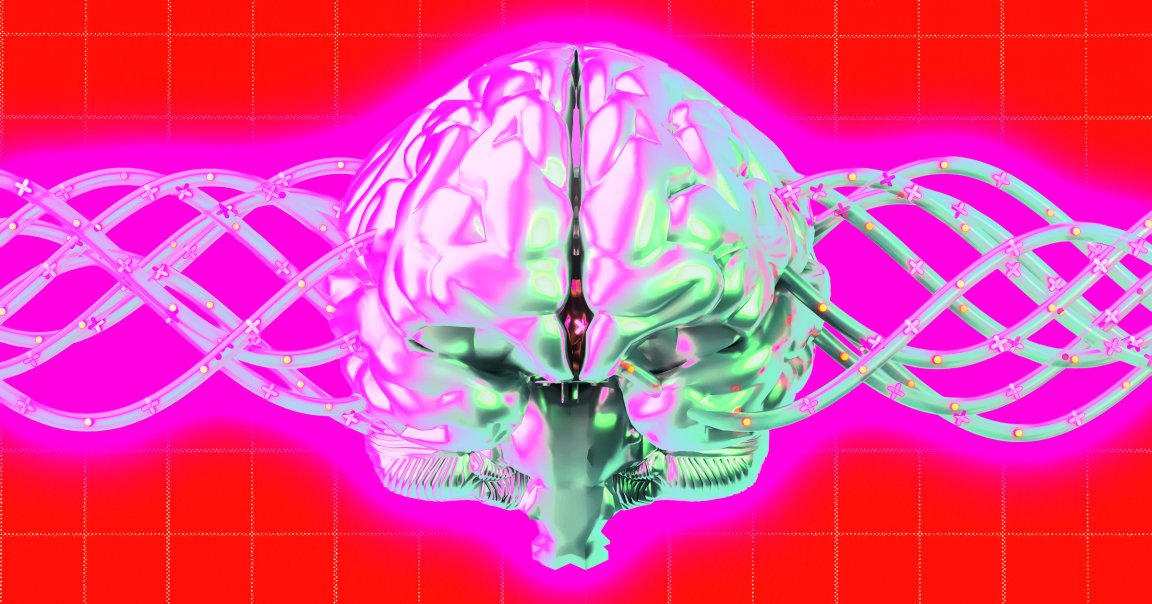
OpenAI CEO Sam Altman is obsessed with codifying your biology. First it was scanning your eyeballs — and now it’s scanning your thoughts.
According to new reporting from the Sources by Alex Heath newsletter via The Verge, the billionaire’s new brain computer interface startup, Merge Labs, appears to be pursuing the use of ultrasound to read your mind.
The insight is based on a new hiring decision by Altman. He’s reportedly tapped Mikhail Shapiro, a famous biomolecular engineer from Caltech, to join the BCI startup, which is yet to be officially announced. Shapiro’s specialty has been researching non-invasive approaches for scanning the human brain which don’t require surgery, unlike the brain implants being developed by Elon Musk’s Neuralink.
In August, the Financial Times reported that Altman will launch Merge alongside Alex Blania, who heads the eyeball-scanning blockchain startup called World, which Altman cofounded and currently serves as chairman of. Altman confirmed that he was launching a Neuralink competitor during a conversation with reporters days later, but didn’t go into detail.
The startup’s name is a reference to a popular idea in the tech sector which describes a hypothetical point when humans and machines “merge” together. Altman wrote an extensive blog post on the topic in 2017, citing predictions that this merging could come as soon as 2025 or as late as 2075.
In a move that will raise questions amid the heightened scrutiny into circular AI dealmaking, Merge expects to raise $250 million from OpenAI, and is touting an $850 million valuation for the funding round. Altman himself will not invest in the company, however, and talks remain at an early stage, the FT noted. Altman also won’t have a day to day role in the Merge project, its sources said.
Sources in the new reporting said that Shapiro will be part of Merge’s founding team and has become a key leader in talks with investors. One of his key areas of research has been pioneering the use of gene therapy to make cells visible to ultrasound imaging. In a recent talk highlighted in the reporting, Shapiro explained how it’s “easier to introduce genes into cells” so they respond to ultrasound, rather than implanting physical electrodes onto the brain.
Meanwhile, Altman, who has a longstanding — and still-heated — rivalry with Musk, has gone on the record trashing the implant-based approach Neuralink uses, saying during a July talk that he “would definitely not sow something to my brain” that would kill neurons.
But that seems to be Altman’s only gripe with the tech. Otherwise, he’s all for letting an AI — his AI, specifically — probe the rumblings of your mind.
“I would like to be able to think something and have ChatGPT respond to it,” Altman said during that same conversation. “Maybe I want read-only. That seems like a reasonable thing.”
More on brain tech: Scientists Say They’ve Found a Way to Vocalize the “Inner Voices” of People Who Can’t Speak